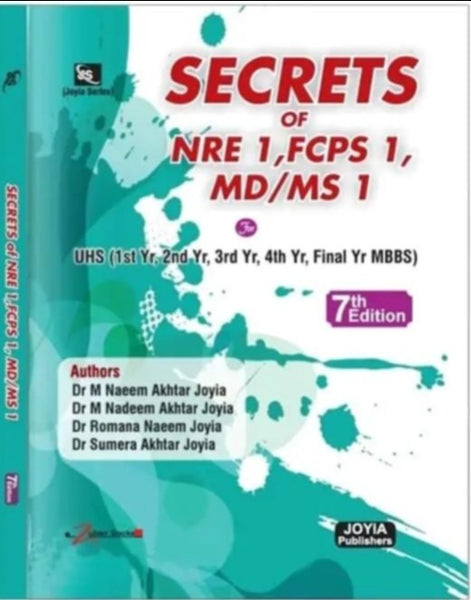Evolutionary Parasitology: The Integrated Study of Infections, Immunology, Ecology, and Genetics 2nd Edition
- Publisher: MEDICAL BOOKS
- Availability: In Stock
- SKU: 49422
- Number of Pages: 572
Rs.1,180.00
Rs.1,495.00
Tags: best books , Best Price , Best Selling Books , buy online books , Ecology of Parasite Populations , Ecology of Parasitology , Evolutionary Biology , Evolutionary Ecology , Evolutionary Medicine , Evolutionary Parasitology , Evolutionary Parasitology 2nd Edition , Genetic Evolution of Parasites , Genetics of Parasitology , Host-Parasite Interactions , Host-Pathogen Dynamics , Immunological Responses to Parasites , Immunology and Parasitology , Infection and Immunology , Infectious Disease Ecology , Online Bookshop , Parasite Control and Evolution , Parasite Ecology , Parasite Evolution , Parasite Evolutionary Strategies , Parasite Genetics , Parasite Immunology , Parasite Life Cycle , Parasitic Adaptations , Parasitic Diseases , Parasitic Infections , Parasitology , Parasitology 2nd Edition , Parasitology and Genetics , Parasitology Research
Evolutionary Parasitology: The Integrated Study of Infections, Immunology, Ecology, and Genetics, 2nd Edition by Paul Schmid-Hempel is a comprehensive exploration of the evolutionary aspects of parasitology. This book provides an in-depth look at the complex relationships between parasites, their hosts, and the environment, highlighting the roles of genetics, ecology, and immunology in shaping these interactions. The second edition expands on the first by incorporating the latest research findings, theoretical advancements, and practical examples, making it a crucial resource for students and researchers in parasitology, ecology, evolutionary biology, and immunology.
Key Points:
-
Evolutionary Framework: Examines parasitism from an evolutionary perspective, integrating the biology of parasites with their ecological and genetic contexts.
-
Host-Parasite Interactions: Focuses on the dynamic and evolving relationships between hosts and parasites, highlighting mechanisms of infection, immune responses, and adaptation.
-
Genetics of Parasitism: Explores the genetic basis of parasitism, including the evolution of virulence, resistance, and genetic diversity in parasite populations.
-
Ecological Insights: Discusses the role of ecological factors such as environment, population dynamics, and co-evolution in shaping parasite life cycles and transmission patterns.
-
Immunology of Infection: Provides a detailed analysis of host immune responses to parasitic infections and how parasites evolve strategies to evade or manipulate these defenses.
-
Co-Evolutionary Arms Races: Describes the ongoing evolutionary "arms races" between hosts and parasites, and the reciprocal evolutionary pressures they exert on each other.
-
Parasite Ecology: Investigates the ecological impacts of parasitism on populations, communities, and ecosystems, with case studies on various parasitic species.
-
Updated Research: The second edition includes the latest discoveries and advancements in parasitology, offering a contemporary understanding of the field.
-
Multidisciplinary Approach: Bridges multiple disciplines, including immunology, ecology, genetics, and evolutionary biology, providing a holistic view of parasitism.
-
Case Studies and Examples: Features real-world examples and case studies that illustrate key concepts, enhancing the practical relevance of theoretical content.
Conclusion:
Evolutionary Parasitology: The Integrated Study of Infections, Immunology, Ecology, and Genetics, 2nd Edition is a definitive text for understanding the evolutionary dynamics of parasitism. By integrating diverse fields such as genetics, ecology, immunology, and evolutionary biology, the book provides a thorough and up-to-date framework for studying parasitic infections. It is an indispensable resource for students, researchers, and anyone interested in the evolutionary processes shaping the world of parasitology.
════ ⋆★⋆ ═══
Writer ✤ Paul Schmid-Hempel (Author)

























